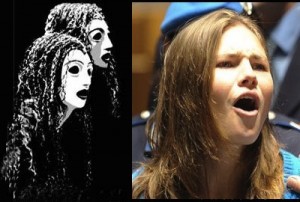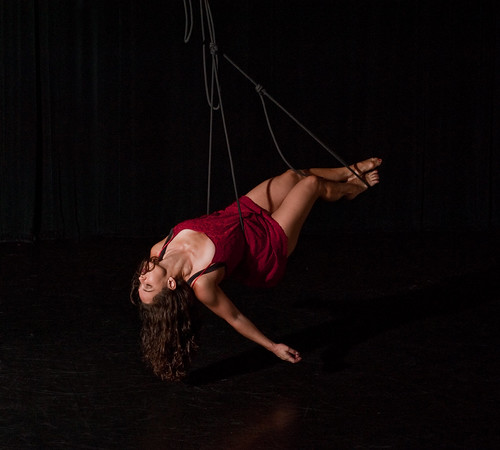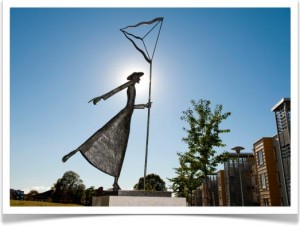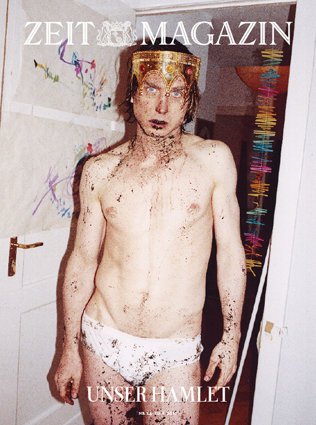
“Do I really need that 20-volume collection of America’s lost plays?” he said in an interview. “I don’t. I haven’t looked at it in 15 years. It’s decoration at this point. But the other thing is that it’s self-definition. I am a guy with a lot of theater books, that’s who I am. And what I’m looking at is, well, maybe that’s not necessarily who I want to be.”
From this article about the playwright Ed Schmidt performing, in his home in Brooklyn, “My Last Play.” And, each night, giving each of the twelve audience members one of his more than 2,000 books. It’s from last year, but I came across it because the final performance just occurred on Monday.
He basically had an epiphany about the worthlessness of spending his life trying to create great theatre and decided to end his career. Ignore for a second the potential ludicrous emo-ness of that, and even whether it’s really true and not just a brilliant trope/tactic… It’s just so interesting. Personally, I’ve “quit” theatre more than once without success, and I figure, even if I did succeed one day – even if I gave all my books away (omgnever) – it would always be this enormous part of who I was. And I love books, too, and particularly the sharing of books is very meaningful to me… What’s it like to decide never to write again? Can you even do that? What about bringing strangers into your actual home and opening your falling-apart life to them? Here, come in, take a piece of who I am – way to capitalize on that whole “art is pain” thing. I know almost all of us write from life, and I know there’ve been tons of one-person shows and memoirs, but something about this particular premise… I’m fascinated.
Everyone go read and then come back and talk to me about it. Now. Pleeeeease?
 The
The 








